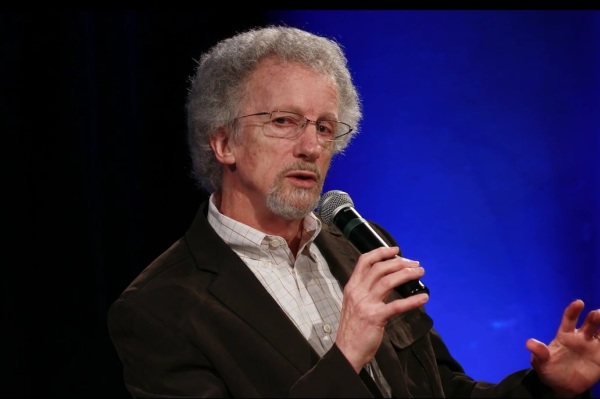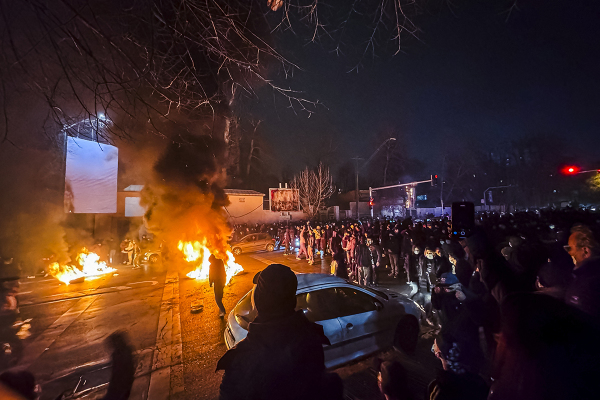List of Nations with Worst Religious Tolerance Grows
WASHINGTON – An annual list of countries that names the worst violators of religious freedom expanded to include two new countries – Iraq and Nigeria – announced a U.S. government body on Friday.
This year, the U.S. Commission on International Religious Freedom (USCIRF) recommended to the Obama administration a total of 13 countries that it should designate as "countries of particular concern" (CPCs).
Iraq was added in December because of the ongoing, severe abuses against minorities and the government's tolerance of the violence, particularly against Iraq's "smallest and most vulnerable" religious minorities, including Chaldo Assyrians and other Christian groups.
Nigeria, meanwhile, which has been on the commission's watch list for seven years, was recommended to be a CPC because of evidence found by USCIRF during a recent trip to the country of the government's toleration of "systematic, ongoing, and egregious violations of religious freedom and beliefs."
Thousands of people have been killed, displaced or somehow affected by ongoing sectarian violence in Nigeria, reported Commissioner Leonard Leo. The Nigerian government has also allowed destruction of churches and mosques to go with impunity.
Though noteworthy, the addition of Iraq and Nigeria to USCIRF's annual report was not what drew the most attention during the press conference announcing this year's list. Instead, the commission highlighted the dangerous situation in Pakistan, where Taliban extremists are strengthening and expanding its grip.
The Taliban's growth in strength coupled with continuous persecution of religious minorities caused the commission to renew its call for the State Department to designate Pakistan as a CPC.
"We are releasing this report at a critical time," said Felice D. Gaer, chair of USCIRF, at the opening of the press conference on Friday. "With Taliban associated extremists advancing to within 60 miles of Pakistani capital Islamabad, the relevance of our work is crystal clear.
"In fact, a key focus of the commission during this reporting period is the threat that religious extremists poses to freedom of thought, conscience, religion and belief worldwide, and to global and regional security," she said.
Commissioner Elizabeth Prodromou, who reported on Pakistan, highlighted how the Pakistani government does not provide adequate protection to religious minorities, and how perpetrators of religious violence are seldom brought to justice.
She also noted how anti-blasphemy laws have been abused and can be used by extremists against minorities because allegations can be made without evidence.
And Prodromou noted how women and girls in Taliban-controlled areas are denied equal rights and education.
Since 2002, USCIRF has recommended for the State Department to designate Pakistan as a CPC. But the State Department has not followed the commission's recommendation.
Aside from comments on Pakistan, the commission also reported how 2008 marked the worst year of religious tolerance in China since USCIRF was created in 1998.
USCIRF is a bipartisan federal government commission that is in charge of advising the U.S. Administration and Congress on policies designed to protect and promote religious freedom in the world. It was created by the International Religious Freedom Act of 1998 (IRFA).
Included in this year's report, which covers the period from May 2008 through April, are: Burma, North Korea, Eritrea, Iran, Iraq, Nigeria, Pakistan, China, Saudi Arabia, Sudan, Turkmenistan, Uzbekistan, and Vietnam.
On the commission's Watch List, meanwhile, are Afghanistan, Belarus, Cuba, Egypt, Indonesia, Laos, Russia, Somalia, Tajikistan, Turkey, and Venezuela.
The commission will travel to India next month to study how the world's largest democracy is promoting religious freedom in light of the massive anti-Christian campaign affecting tens of thousands of people in its Orissa state. The group plans to release the chapter on India this summer after the trip.





















